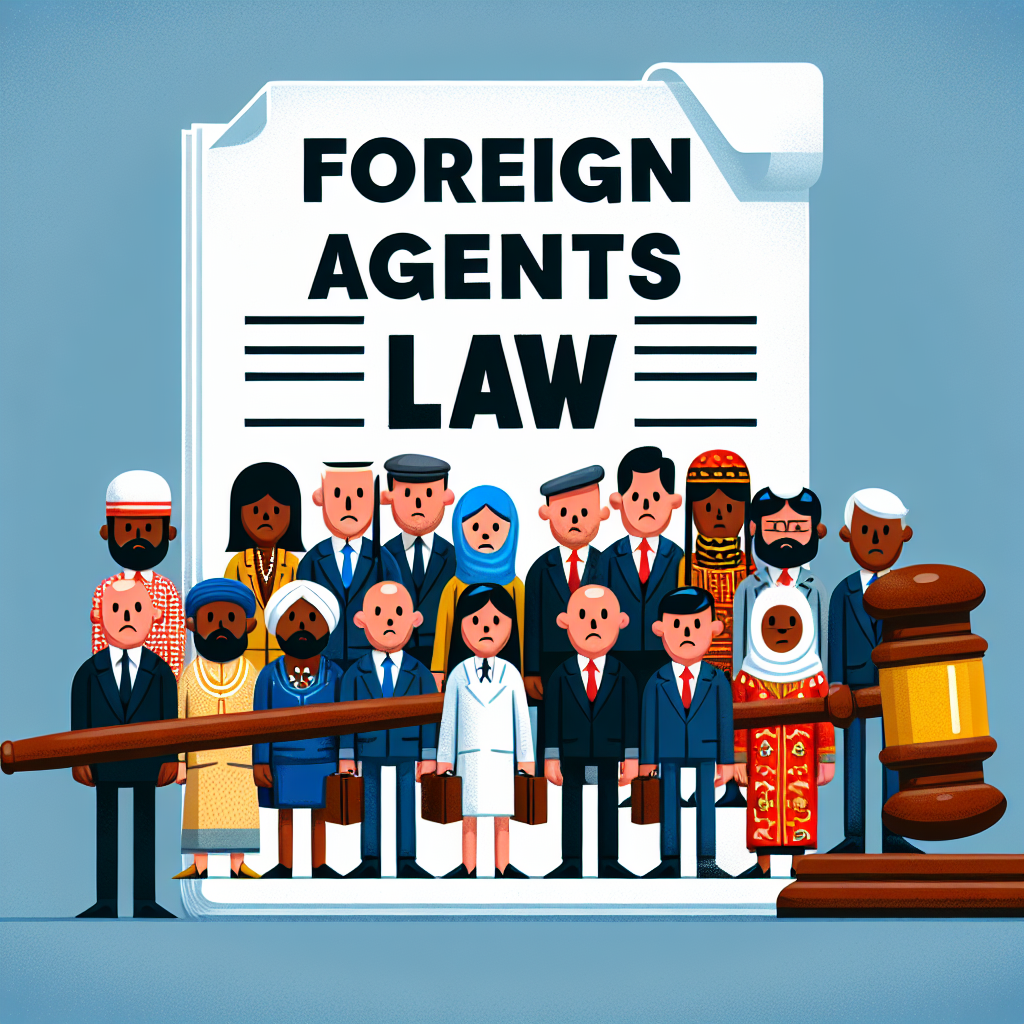Russia Tightens Grip on Foreign Agents and Critics
Russia plans to strengthen rules on income for foreign agents and critics who leave and speak against the country, says the speaker of the Russian parliament. The law targets intellectual property earnings and negatives those identified as foreign agents. Opponents argue it stifles creativity and dissent.

In a move that's raising eyebrows globally, Russia is tightening rules for individuals labeled as 'foreign agents' and critics who have exited the country yet continue to speak negatively about it, announced Vyacheslav Volodin, speaker of the Russian parliament, on Thursday.
According to Russian law, anyone receiving foreign backing or under perceived foreign influence must register as a 'foreign agent'—a term that harks back to the Soviet era and involves complex bureaucratic obligations. While Russia claims that this regulation is less severe than the U.S. Foreign Agents Registration Act of 1938, critics argue it's been extensively used against opposition leaders.
Volodin revealed that the Russian Duma is formulating measures to regulate copyright and intellectual property income for these foreign agents, insisting such payments be conducted via specialized rouble accounts. These rules will affect all intellectual earnings, including those from literature, art, and performances. Russia positions this as a step to ensure sovereignty amidst what it describes as a cultural shift toward patriotism.
(With inputs from agencies.)










